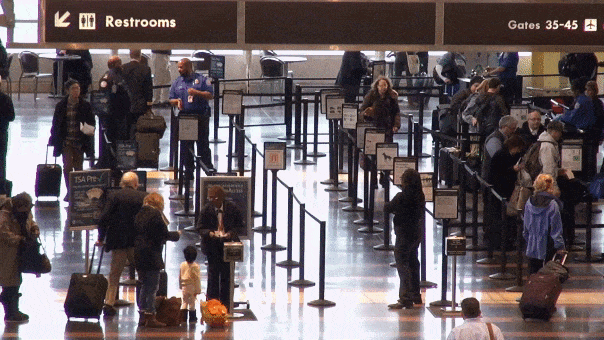With the holiday season approaching, many of us are booking flights to visit family, friends, or simply to go on a vacation. Though flying often is a convenient and quick way to get from one place to another (if you don't get hit with delays or airport lines), it can also come with some unpleasant side effects.
For those traveling longer distances and passing through different time zones, jet lag can be hard to avoid. But another common side effect of air travel, "jet bloat," might actually be quite easily prevented.
"Jet bloat" is not a made-up term, but an actual condition that's surprisingly common among passengers on an airplane. According to a report on PRweb, the term "jet bloat" refers to "the body's increased volume of gas that occurs from airline travel," and the higher the altitude, the more the gas expands in our bodies. Luckily, there are a few simple things we can do to try to avoid the feeling of extra bloating and discomfort during flights, starting with what we eat.
Before boarding an airplane, it might be smart to stop and think about what foods and drinks we choose to consume. Though the classic preflight cocktail at the airport might calm your nerves, it can also make your flight more unpleasant: The air on a plane is much dryer than what we are used to, and combined with the dehydrating effect of alcohol, this can easily lead to headaches and other feelings of discomfort. Alcohol and coffee are both drinks one should avoid before flying, both because the risk of dehydration and their tendency to mess up a normal sleeping pattern.
If you're feeling hungry before jumping on a plane, there are also a few food items that probably should be saved for a post-flight meal. Though grabbing a burger and fries from the fast-food joint next to your gate might seem like a smart choice on-the-go, at an altitude of more than 35,000 feet your body might start to disagree. Though fast-food is never the best food choice, digesting foods loaded with sodium and saturated fats becomes even harder for our body at a high altitude.
A more unexpected food item to avoid if you're looking to prevent that bloated feeling is chewing gum, which might indeed help popping your ears, but the continuous chewing also makes us swallow air, causing extra gas in our bodies.
In order to avoid "jet bloat" and make your next voyage more pleasant, we at The Daily Meal have picked out 11 foods and drinks you might want to hold off eating until your flight has landed. So before heading to the airport next time, click through our slideshow and get tips on how to be smart about you travel-day snacking.
1. French fries

(Reuters)
French fries might be a quick and easy snack to grab at the airport, but fried foods are not our digestive system's best friend. At a high altitude, our body’s ability to process high-fat and high-sodium foods becomes even worse, easily leading to bloating and discomfort.
2. Apples
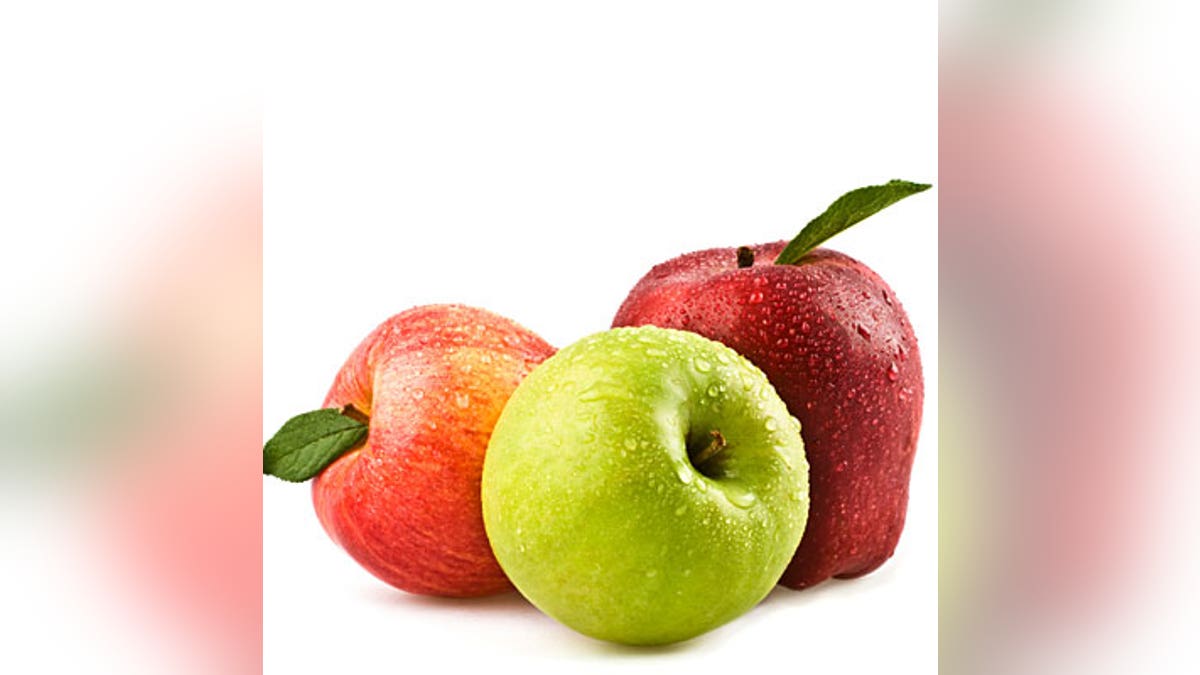
(iStock)
Though fruits in general are healthy snack choices, apples or other fibrous fruits are not easy to digest, and can lead to gas and bloating.
3. Beans
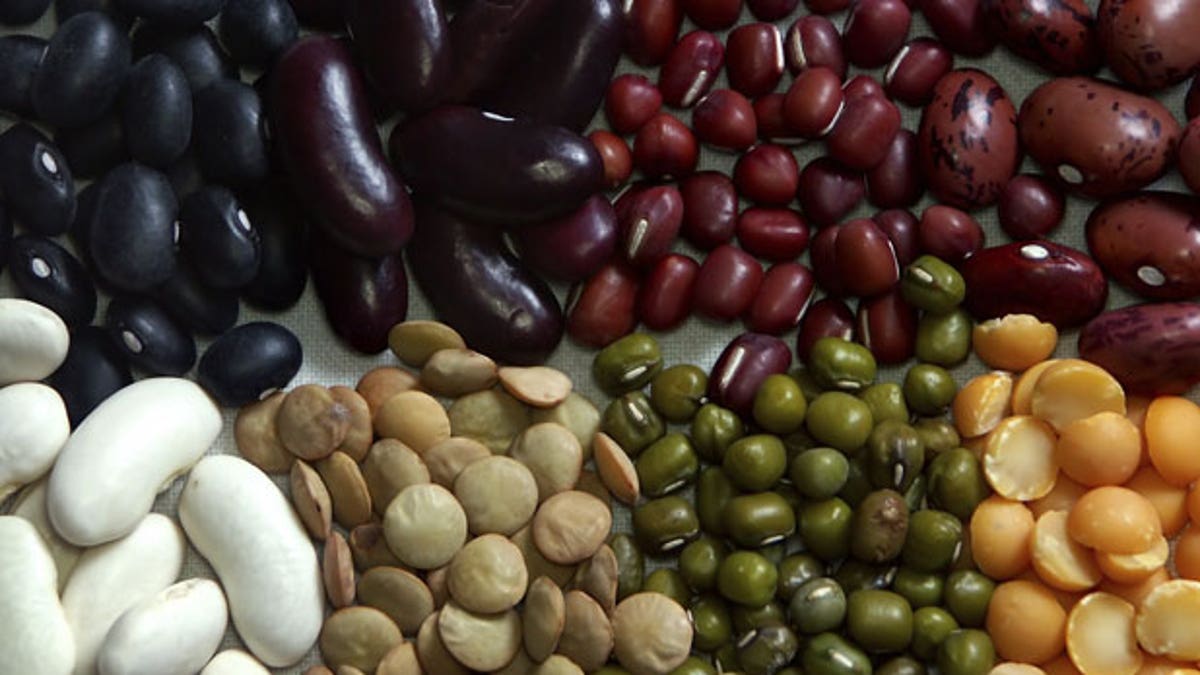
(iStock)
Beans are probably one of the most obvious culprits when it comes to gas-causing foods. Save the bean burrito for a post-landing meal for a more comfortable flight.
4. Carbonated soft drinks
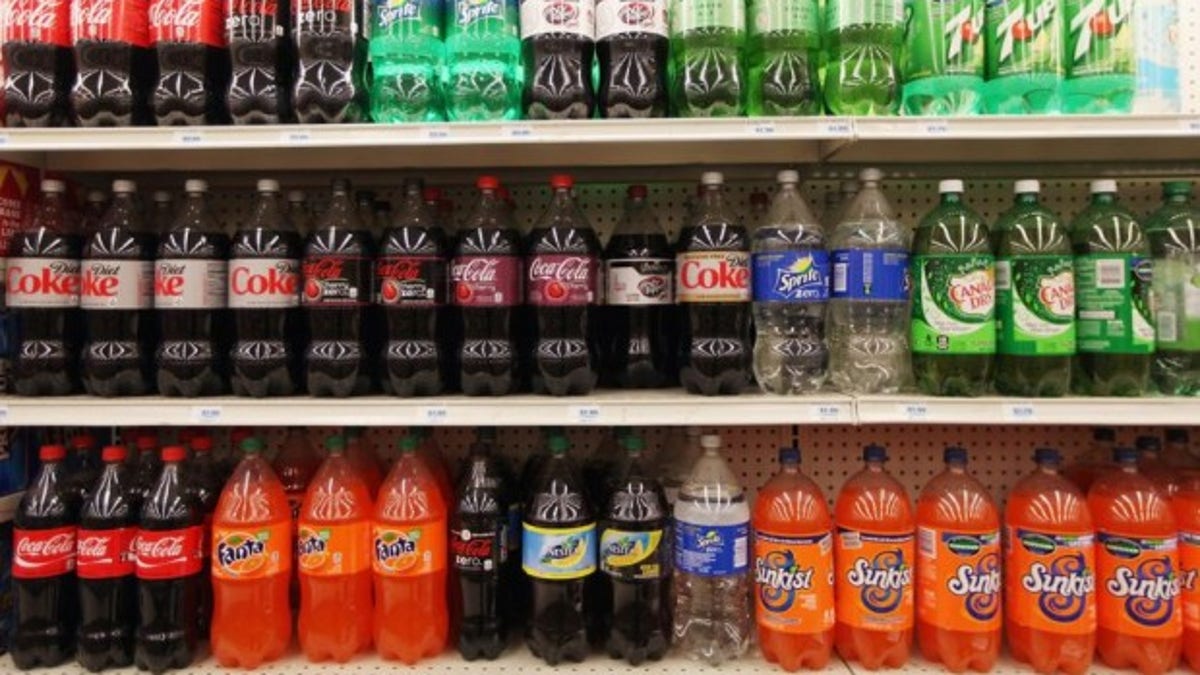
(AP)
Carbonated drinks can cause gas and heartburn, both of which are unpleasant feelings to have during a flight. Switch the can of Coke for a bottle of cold water, or calming herbal tea.
5. Hot peppers
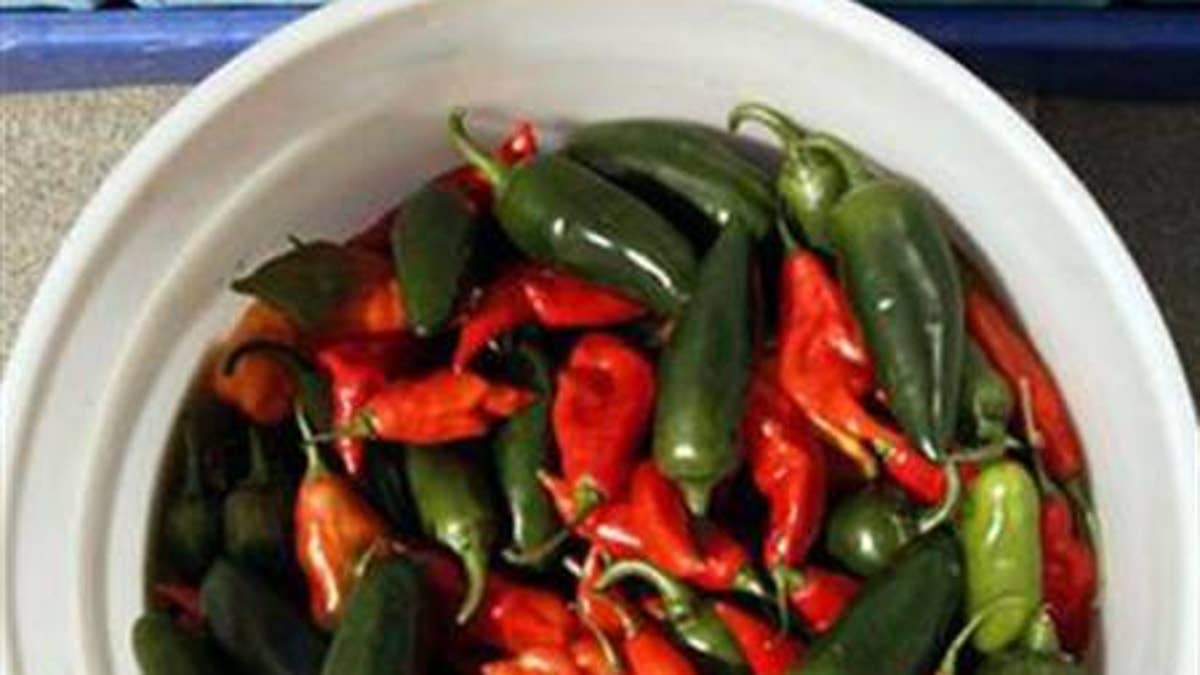
(Reuters)
Especially for the more sensitive eater, spicy food can cause stomach discomfort and bladder irritation. To respect your neighboring passenger, avoiding hot peppers might also be a smart choice, as eating a hot meal also can cause bad breath.
6. Chewing gum

(Amazon.com)
While chewing gum can help your ears pop after takeoff and landing, constant chewing also lets extra air into your body, causing bloating and gas.
For more bad-for-flying foods, check out the full list.
More from The Daily Meal
13 Most Popular Room Service Items in America
10 Foods and Drinks Banned in America







